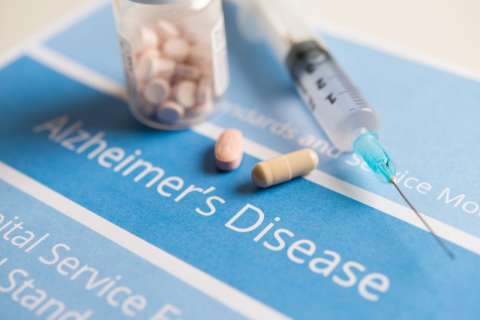Hello again, dear readers, and welcome to a bonus edition of the letters column. It’s lovely to see our mailboxes stay so full, and we’ll continue to do our best to stay abreast of your letters.
-- A column about a man in Florida who was struggling with a case of jock itch that just wouldn’t clear up continues to draw sympathetic responses. A reader who moved with her husband from a cool and dry part of California to an area with frequent heat and humidity wrote to say that the fabrics you wear can make a big difference. “I learned very quickly, in a hot climate, that you do not wear synthetic underpants or synthetic blends. I switched us to all cotton and never had another problem,” she wrote. “I also avoid elasticized cottons because they also do not breathe as easily. It’s all about the air flow.” She makes a very good point. The takeaway from our ongoing jock itch discussion reveals the benefits of a multi-layered approach. That is, topical medications, vigilant hygiene, natural fabrics and, as this reader points out, air flow.
-- We’ve written about fecal transplants, both as an intervention for C. diff infection and as a subject of research in general gut health. This piqued the interest of a reader in Spokane, Washington. “I’m very interested in learning about the general availability of this treatment, as I believe my unreliable GI tract may be suffering from too much bad bacteria,” they wrote. “I’m 86 and am interested in the potential of a fecal transplant to ease some of the adverse effects of aging.” While there is a growing interest in fecal transplants as a therapeutic tool, at this time that use of the procedure remains in the research phase. However, several readers have echoed your interest in a healthier gut microbiome, so we will devote a column to that soon.

-- Now that breakthrough COVID-19 infections are occurring with some frequency in vaccinated individuals, we are hearing from readers who are confused about what the vaccine can achieve. “Which person is more susceptible to catching the COVID-19 virus if they come into contact with a COVID-positive person -- is it the unvaccinated person or the vaccinated person?” a reader from southeastern New York state asked. The answer is that the person who is fully vaccinated is significantly less likely to become infected. Someone who has not had the vaccine is at greater risk of becoming infected. With the highly more-transmissible omicron variant now in the mix, it will take more time and more data for researchers to understand how the vaccines and boosters are holding up. What remains clear is that being fully vaccinated continues to protect against developing severe disease, and against death. So please, to those who have not yet done so, get vaccinated. And if you’re eligible, please get your booster.
As always, thank you for your letters. We love hearing from you. And a special note of thanks to readers taking the time to write us with kind and encouraging words. We deeply appreciate it.
To learn more about the vaccines and for the latest information visit UCLA Health's COVID-19 Vaccine Info Hub.
(Send your questions to [email protected], or write: Ask the Doctors, c/o UCLA Health Sciences Media Relations, 10960 Wilshire Blvd., Suite 1955, Los Angeles, CA, 90024. Owing to the volume of mail, personal replies cannot be provided.)





